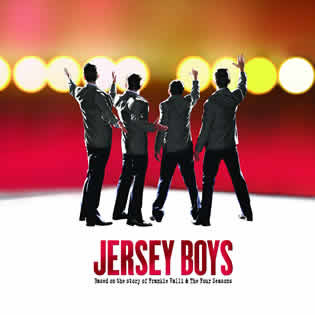Emile Durkheim was a French sociologist who is often considered the founding father of the field. He held distinguished views on the topic of social solidarity. Social solidarity seeks to recognize the interactions and shared values that hold relationships together. According to Durkheim, social solidarity falls under two categories: mechanical and organic.
Mechanical solidarity refers mostly to a society that is linked mostly by the similarities that are shared by its members. Members often share the same lifestyle, values and experiences. Rituals and routines are very common and help build their collective conscience. Mechanical solidarity focuses on primary and familial relationships.
Organic solidarity refers to society whose members are highly individualistic but interact in order to achieve a common goal. Members are dependent upon one another and very often do not share the same lifestyle, values and experiences. Organic solidarity puts a large emphasis on secondary relationships.
Below is a chart from the Collins Dictionary of Sociology which defines the two in a bit more detail:
|
Feature
|
Mechanical solidarity
|
Organic solidarity
|
|
Morphological (structural) basis
|
Based on resemblances (predominant in less advanced societies)
Segmental type (first clan-based, later territorial)
Little interdependence (social bonds relatively weak)
Relatively low volume of population
Relatively low material and moral density |
Based on division of labour (predominately in more advanced societies)
Organized type (fusion of markets and growth of cities)
Much interdependency (social bonds relatively strong)
Relatively high volume of population
Relatively high material and moral density |
|
Types of norms (typified by law)
|
Rules with repressive sanctions
Prevalence of penal law |
Rules with restitutive sanctions
Prevalence of cooperative law (civil, commercial, procedural, administrative and constitutional law) |
|
Formal features of conscience collective
|
High volume
High intensity
High determinateness
Collective authority absolute |
Low volume
Low intensity
Low determinateness
More room for individual initiative and reflection |
|
Content of conscience collective
|
Highly religious
Transcendental (superior to human interests and beyond discussion)
Attaching supreme value to society and interests of society as a whole
Concrete and specific |
Increasingly secular
Human-orientated (concerned with human interests and open to discussion)
Attaching supreme value to individual dignity, equality of opportunity, work ethic and social justice
Abstract and general |
This brings me to the social networking movement that has exploded in recent years. Everyone under the sun and probably beyond it has already told you this. No matter what way you spin it, the advent of these new technologies has changed the way we communicate forever.
But Myspace, Facebook and Twitter have also undoubtedly created their own communities.
One might automatically assume that the types of relationships formed through social networking communities fall under the model of organic solidarity but I think that if you take a closer look, you might be surprised.
Either way, I think it is important to remember that Durkheim would also not care “What 80’s Hair Metal Rock Star” you are.
